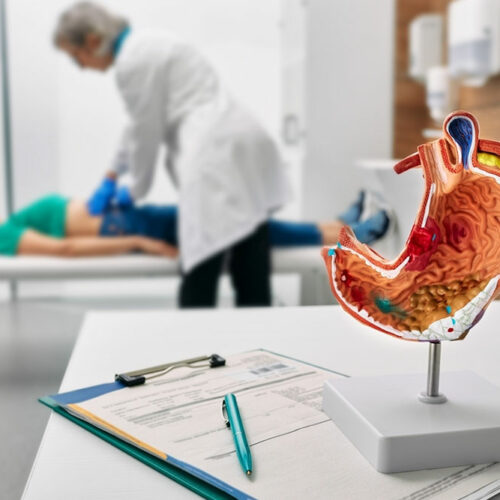Gastrointestinal stromal tumor – Symptoms and management options

A gastrointestinal stromal tumor (GIST) is a type of cancer that originates in the digestive system, usually in the small intestine and stomach. It results from the abnormal growth of cells that may develop into special types of nerve cells present in the walls of the digestive organs. GISTs may interfere with one’s digestive process and affect the movement of food through the body. Below are the symptoms and management options associated with this cancer. Symptoms Small GISTs usually do not cause any symptoms, grow slowly, and do not trigger any problems. However, as a GIST grows, it may trigger signs and symptoms in the concerned individual. While it can occur in individuals at any age, it is common in adults and rare in children. While the cause of most GISTs is yet to be determined, experts indicate a small number of cases are caused by genes passed from parents to children. A few common symptoms include: – Growth that can be felt in the abdomen – Nausea – Dark-colored stools, which are triggered by bleeding in the digestive system – Fatigue – A feeling of fullness even after eating a small amount of food – Abdominal pain – Vomiting – Cramping pain in the abdomen after eating – The lack of hunger when one would normally expect to feel hungry Treatment options For an expert to recommend treatment options for GIST, one needs to undergo a thorough diagnosis.






